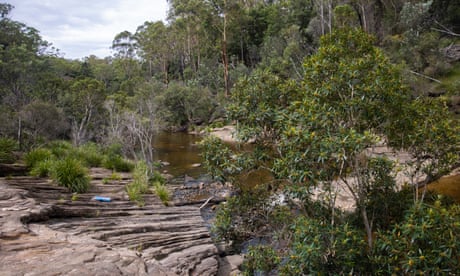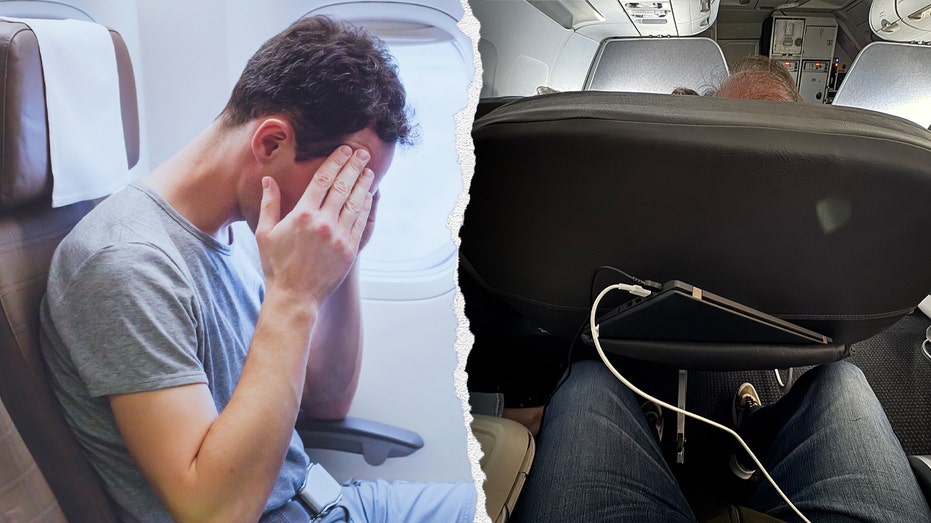- by foxnews
- 15 Nov 2024
NSW Labor vows to fix ‘broken’ environmental offsets system if elected
NSW Labor vows to fix ‘broken’ environmental offsets system if elected
- by theguardian
- 07 Mar 2023
- in news

New South Wales Labor has promised to fix the state's "broken" environmental offsets system if it wins government in March, saying current policies are causing decline of endangered ecosystems instead of avoiding more damage.
"I think there's a role for offsetting but the current system is skewed the wrong way," the party's environment spokesperson, Penny Sharpe, said.
"I fear we are just managing the decline."
Sharpe said the current system had "no red lines" and a Labor government would use a five-yearly review of the state's environmental laws, due to report in August, to deliver changes within the first 18 months of government.
"It means we're not faffing around," she said. "It means it gives a good structure in terms of the timing. A 12- to 18-month process we can get done early rather than waiting."
It comes after a Guardian Australia investigation into planned developments in outer Sydney raised serious concerns about environmental offsets proposed to compensate for a massive expansion of new housing.
Biodiversity offsetting usually involves conserving and restoring bushland to compensate for clearing of ecosystems in another area for development.
Sharpe said if she becomes the state's environment minister she will ask the reviewers of the Biodiversity Conservation Act to address a report tabled by a parliamentary inquiry into the state's offset schemes last year.
That inquiry, triggered by earlier Guardian Australia reporting, found there was too much flexibility for threatened species and habitat to be "traded away for cash" and the system needed to change to one where offsets were a genuine last resort.
A review by the state's auditor general also found the state's scheme was failing and had integrity concerns.
The review of the state's environment laws is under way and is chaired by the former federal treasury secretary Ken Henry, who has advocated for nature markets.
Sharpe said she wanted more focus on avoiding damage to protected ecosystems.
"The first thing is avoid in the first place. This is the point. How much are we avoiding and what more can we do?" she said.
She was concerned the default position in NSW was to allow developers to pay levies into a fund managed by the Biodiversity Conservation Trust, which then had to search for suitable environmental offsets to compensate for clearing.
The parliamentary inquiry found there was no guarantee the necessary offsets would ever be found.
"I want that to be a genuinely last resort, not the standard practice it's become," she said.
Sharpe said she wanted to ensure the right standards for maintaining and improving habitat were in place and planned to address the practice of "double-dipping", where lands already set aside for conservation purposes are traded again as offsets.
She called this a "tricky area", particularly in western and south-west Sydney where ecosystems such as Cumberland Plain woodland had been over-cleared to the point they were critically endangered and there was continued development pressure.
She said under offsetting policies there may be some activities in already reserved areas that still provided an additional benefit.
"Out south-west it's a challenge. But it worries me if things are already reserved. It would have to be extraordinary circumstances where you look at doing that again," she said.
"It's a red flag for me and I'd want it addressed by the experts."
The environment minister, James Griffin, said the government had made changes to the scheme over the past 15 months to make it more transparent, easier to participate in and to stimulate the "supply of efficiently priced biodiversity credits".
It had responded to concerns raised with the scheme by introducing a conflict of interest protocol, commissioning IPART to monitor the operation of the biodiversity credit market and developing new compliance measures for ecological assessors working in the scheme. Griffin said the government had also set up an "improvements program" overseen by the former federal public service secretary Mike Mrdak. Mrdak is also on the panel reviewing the Biodiversity Conservation Act.
Griffin said the review was "an opportunity to consider if the legislative settings for the scheme remain appropriate".
The Greens' environment spokesperson, Sue Higginson, said offset rules and how they were applied needed immediate changes under whichever party formed government.
She said that must include strict like-for-like offsetting requirements, meaning cleared habitat is only offset with actions that benefit the same ecosystem.
Higginson said offsetting should be prohibited for any ecosystems, species or populations classified as critically endangered under state or federal laws.
"If we're going to be serious about this, we need to accept that anything that is critically endangered is at the edge of extinction," she said.
"Until there is evidence of recovery - and that evidence has to be a conservation status that is no longer critical - it has to be an absolute red flag."
- by foxnews
- descember 09, 2016
Airline passenger shares photo of 'reclined' seat debacle: 'Dude is in my lap'
A passenger paid for a first-class ticket on an American Airlines flight, but the seat in front of him trapped him in his chair, which led to the airline posting a public apology on X.
read more


